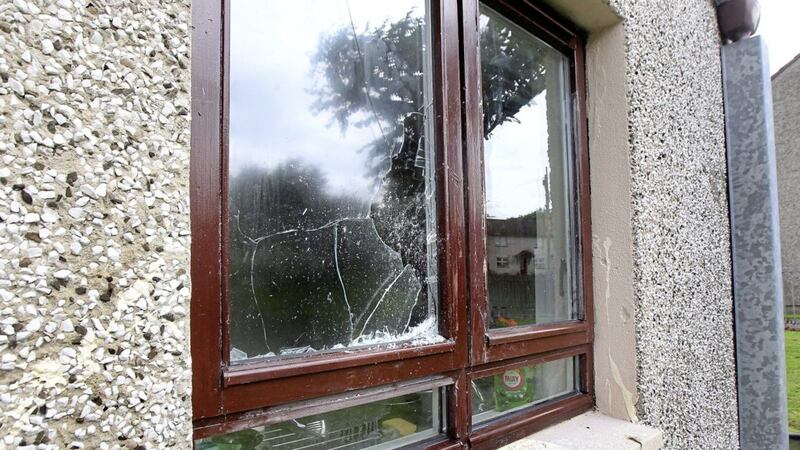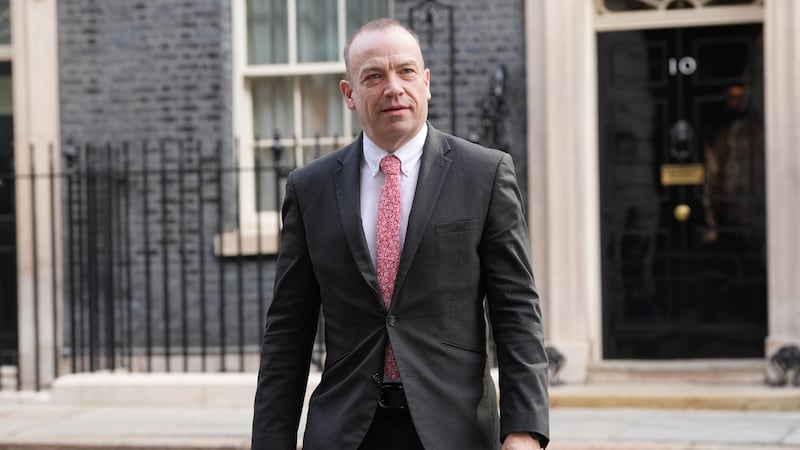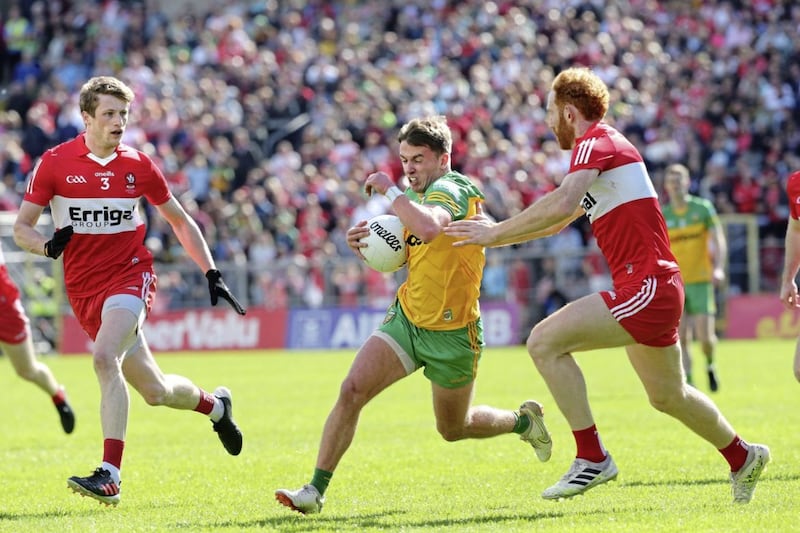DERRY has long been held up as a model for dealing with sectarian strife after the city found its way through an impasse surrounding marches by the Apprentice Boys.
In 1969, it was the annual August parade which lit the fuse to the Battle of the Bogside, a response to years of unionist gerrymander and domination.
Notwithstanding that history, and tensions surrounding parading for years afterwards, the city’s leadership reached an agreement which has ensured the huge march is now so trouble-free that it goes barely reported.
In the darkest days of the Troubles there were also shameful attacks on the Derry’s unionist minority. Alienation and intimidation on the city’s west bank resulted in Protestants moving in their thousands to the Waterside.
However, efforts to ease sectarian tensions were such that when President Bill Clinton visited in 1995, then mayor John Kerr was able to greet him with the words “Derry declared for peace a long time ago”.
It is ironic therefore that when the north has just come through one of its most peaceful marching seasons, Derry has witnessed rising sectarian tensions.
In July, police were asked to increase patrols after nationalist youths attacked Protestants in the area around the city’s Peace Bridge.
Since August 11, five Catholic and mixed-religion families have also fallen victim to sectarian attacks in unionist areas of the city’s Waterside.
Earlier this month, there were also claims that trouble surrounding an August 15 bonfire in the Bogside was started by loyalist youths goading and attacking nationalists.
There appears to be no one major reason for the increase in violence on both sides. Rather it appears to be that simmering tensions have been fed by minor incidents.
Whatever the explanation, the situation cannot have been helped by the political vacuum which has existed since January. History shows that where political leadership fails, the space created is readily filled by others.
It is hopes that an emergency meeting of political, civic, Church and business leaders yesterday - which resulted in a strong statement of unity - could be the first step towards a solution.








